As the owner of an ultrasound prenatal imaging studio, I’ve seen remarkable
advancements in the tools we use to capture pictures of babies in utero. From higher-
resolution imaging, live streaming of ultrasound sessions (to anywhere in the world!) to
facial enhancements, this is an exciting time to be in business, as long as you embrace
the advancements that technology and artificial intelligence are providing.
One of the newest tools for our industry is facial enhancement
, which allows us to take
a 3D ultrasound image of a baby’s face in utero and use AI to show what the baby may
look like after birth. For families, this early glimpse is a moving moment, and AI is
helping to make it all the more special.
Another great advancement, especially for pregnant moms in Fallon whose husband
may be overseas, is the live streaming of ultrasound sessions to anywhere in the world.
For a dad who is deployed, this is a great feature for them to see their baby.
Although we are a non-medical facility, our ultrasound technicians are medically trained
and certified, which means we evaluate the mom and baby’s health and flag any issues
with their prenatal health provider.
What has been especially interesting for me is seeing how AI-powered ultrasound
technologies are transforming the field of medicine as well. One example is AI-based
software from BrightHeart
, which has been shown to significantly improve clinicians’
ability to detect congenital heart defects during routine prenatal ultrasounds—regardless
of the clinician’s level of experience. It also increased diagnostic confidence and
efficiency.
Another system, called FUVAI
, uses deep learning to automatically extract fetal
biometric measurements, such as head circumference, abdominal circumference, and
femur length, from ultrasound videos. Its measurements match those of an experienced
sonographer but take just seconds—versus the average six minutes. Tools like this are
becoming essential for medical professionals monitoring fetal health.
Ultrasound is a key imaging modality within the field of radiology, and in doing research
for my business, I am learning about how AI is being used in the whole field of radiology
to help detect life-threatening conditions such as cancer with greater speed and
precision. AI is especially promising in breast cancer detection - a cancer that is a major
concern to my family, our customers, and women around the world - where earlier
diagnosis often means the difference between life and death.
AI tools have shown real-world benefits, such as increasing breast cancer detection
rates by 21% and reducing missed diagnoses of aggressive prostate cancer. Recently,
the FDA approved the first AI tool
in the U.S. to predict a woman’s risk of breast cancer.
That’s a huge breakthrough—especially for Nevada, which has some of the nation’s
lowest breast cancer screening rates. When breast cancer is caught early, the five-year
survival rate is 99%.
But here’s the key: AI is a tool, not a replacement for a trained ultrasound technician,
radiologist, or doctor. No matter how advanced it becomes, AI cannot replicate the
judgment, experience, and instinct that humans bring to the table. Every human body is
different. Every case is unique. An ultrasound tech or radiologist does more than read
images—they interpret, ask deeper questions, and look beyond what’s obvious. AI can
flag patterns, but it can’t understand context in the same way. It doesn't know if a
patient's back pain is a simple strain or a sign of something more complex. It doesn’t
hear the hesitation in a patient’s voice or consider their medical history in the way a
physician does.
That’s why AI works best when it supports medical providers, not replaces them. It can
help us see what we might otherwise miss, speed up diagnoses, and improve
outcomes. But the human mind remains irreplaceable in medicine.
We are entering a new era - one where technology helps us deliver better care, faster.
In Nevada and across the country, AI is becoming a vital ally in the fight against
disease. But it’s also exciting to see how AI will continue to enhance our ability to serve
clients. But let’s be clear: the future of healthcare still depends on the trained eyes,
steady hands, and compassionate hearts of healthcare professionals.
Steve Trollope owns 3D Keepsake Imaging, a prenatal ultrasound studio in south Reno,
founded in 2007. Visit 3DKeepsakeImaging.com to learn more.


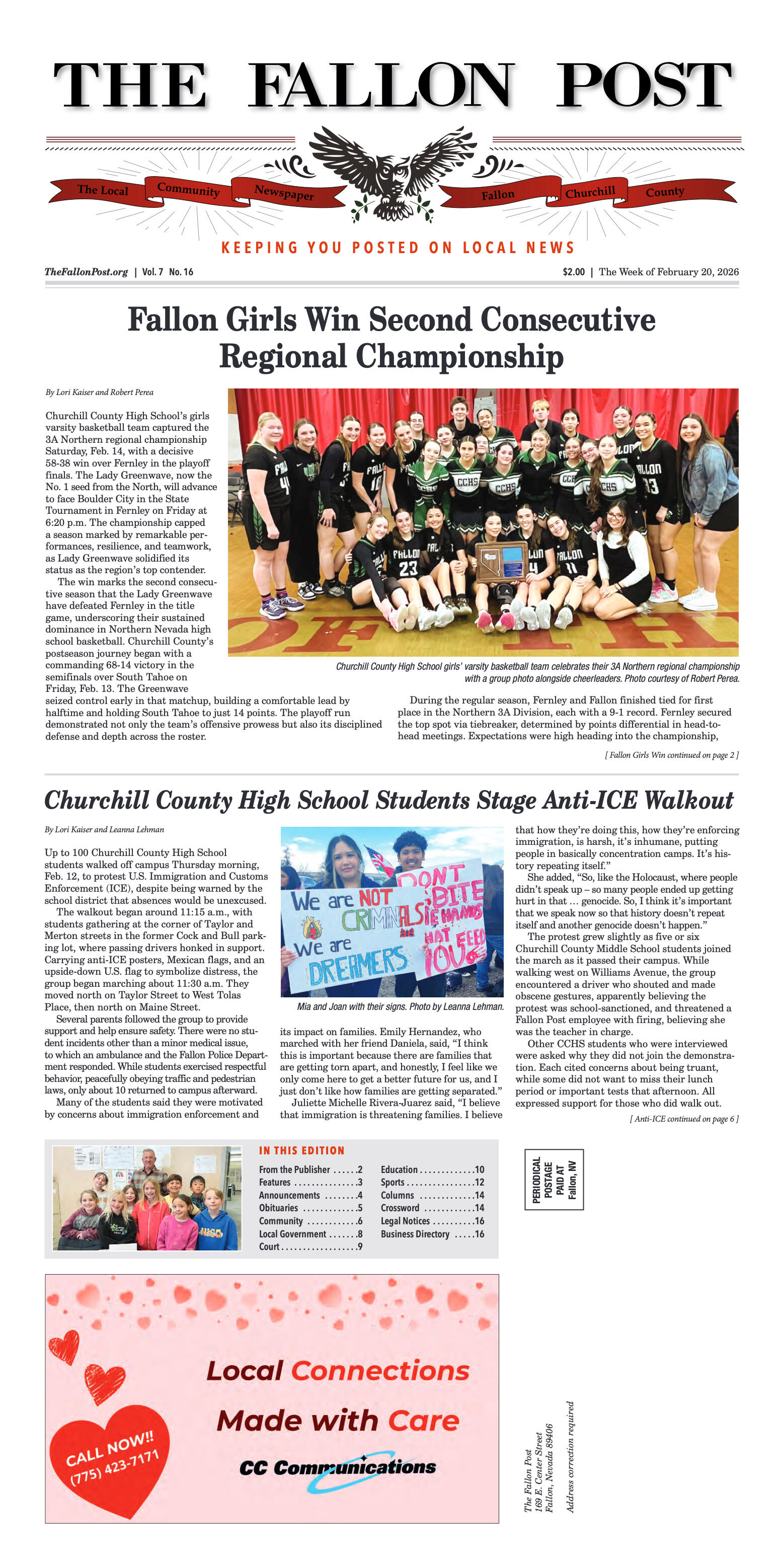
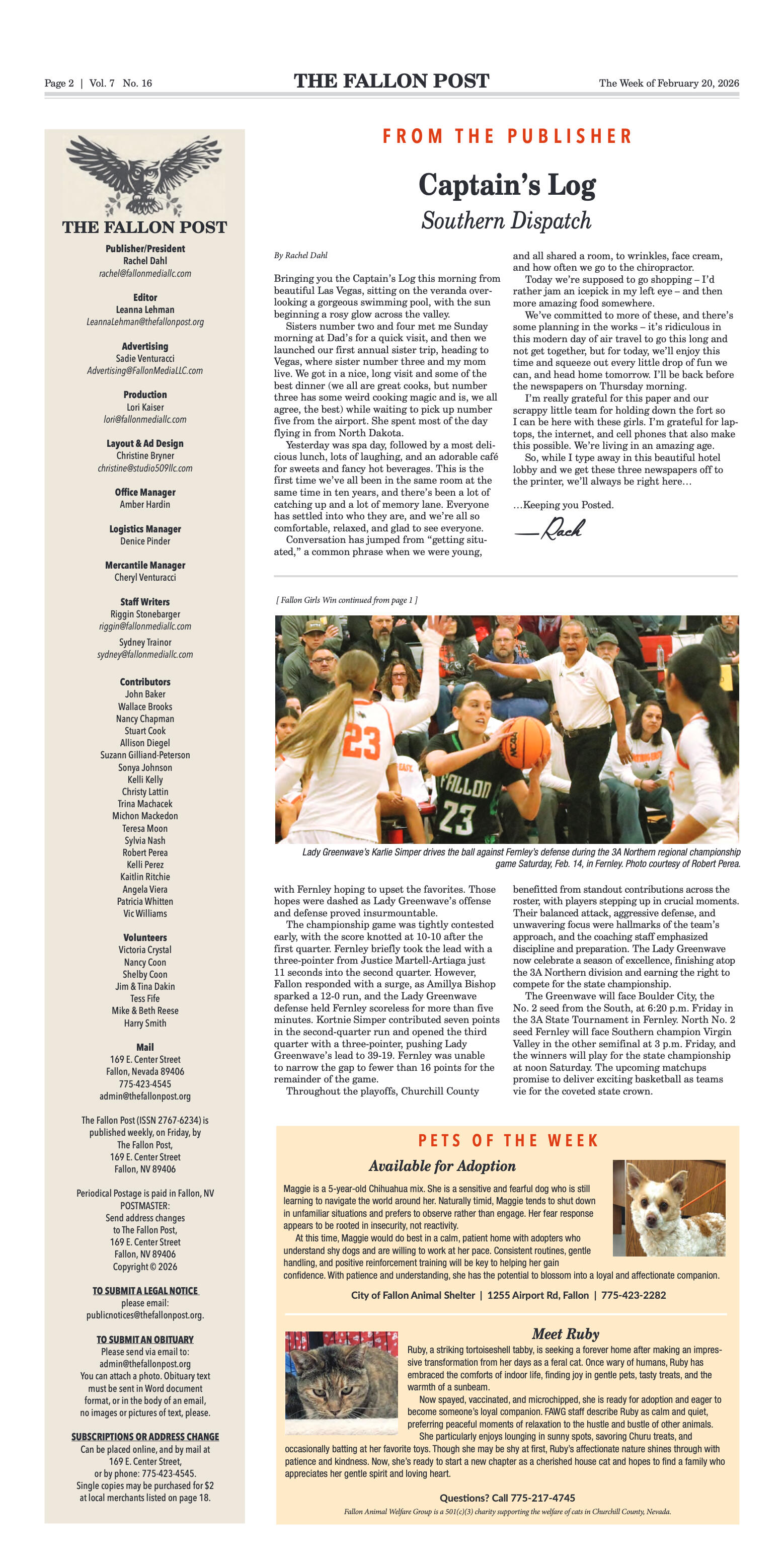
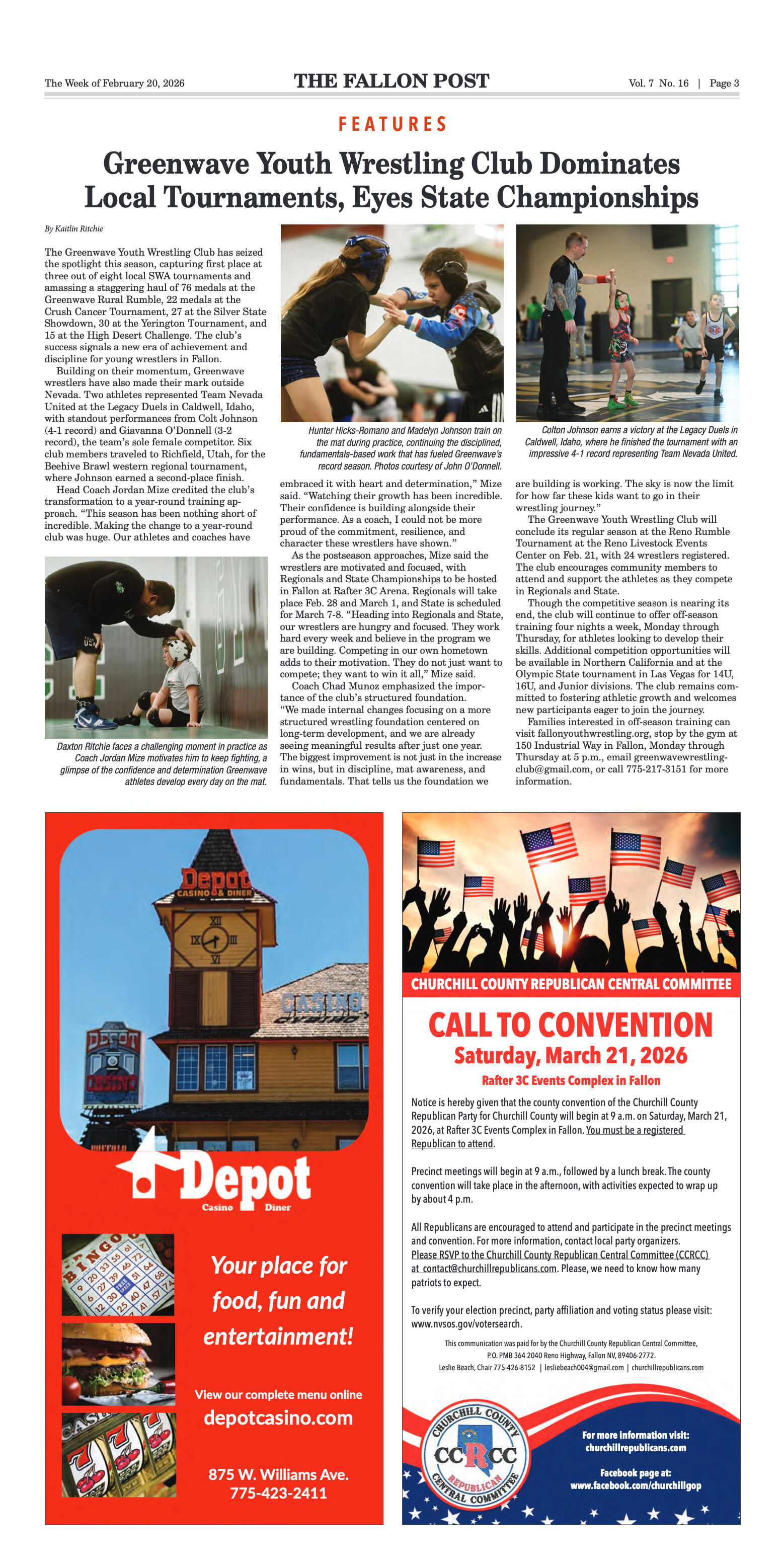
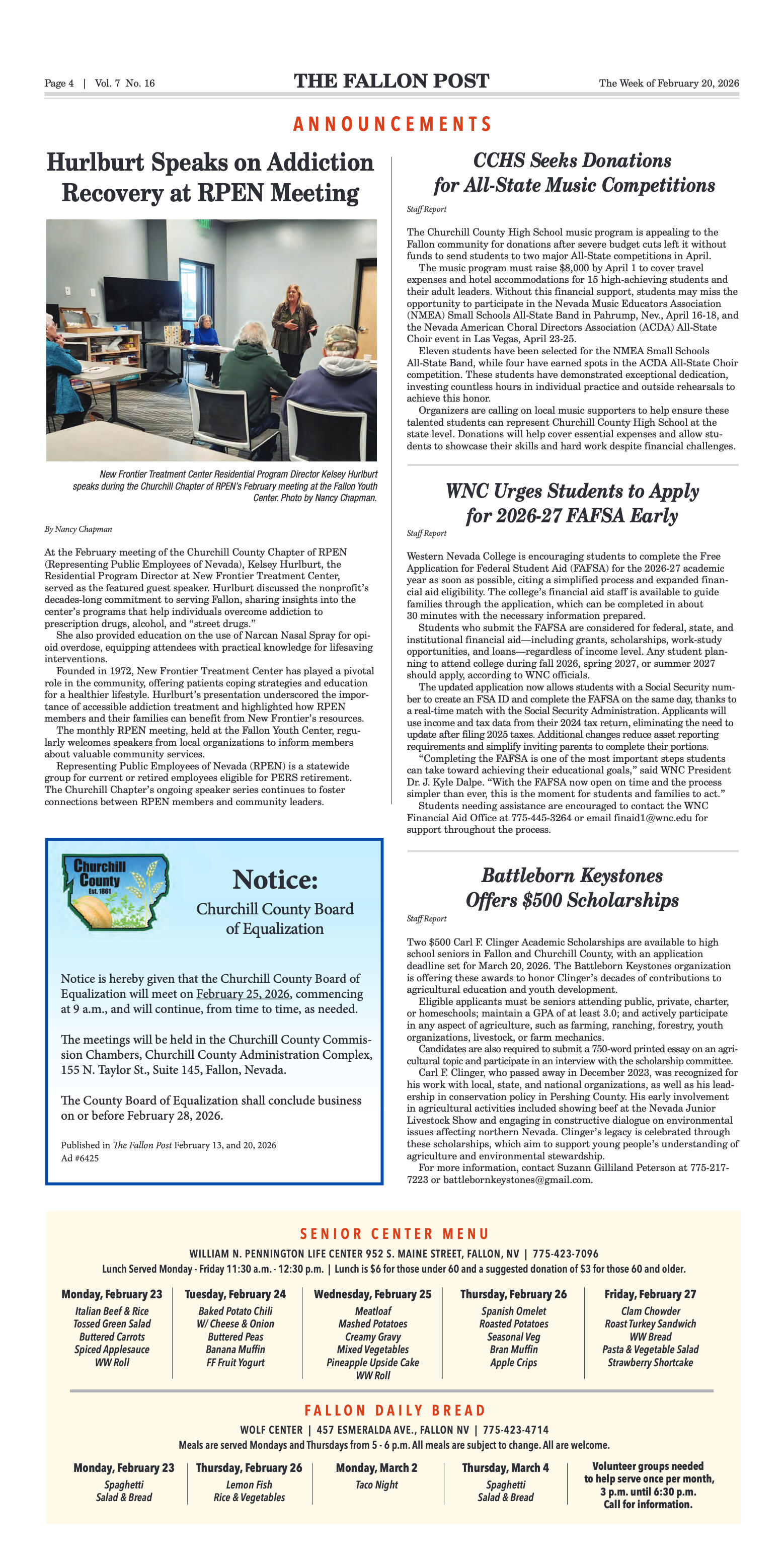
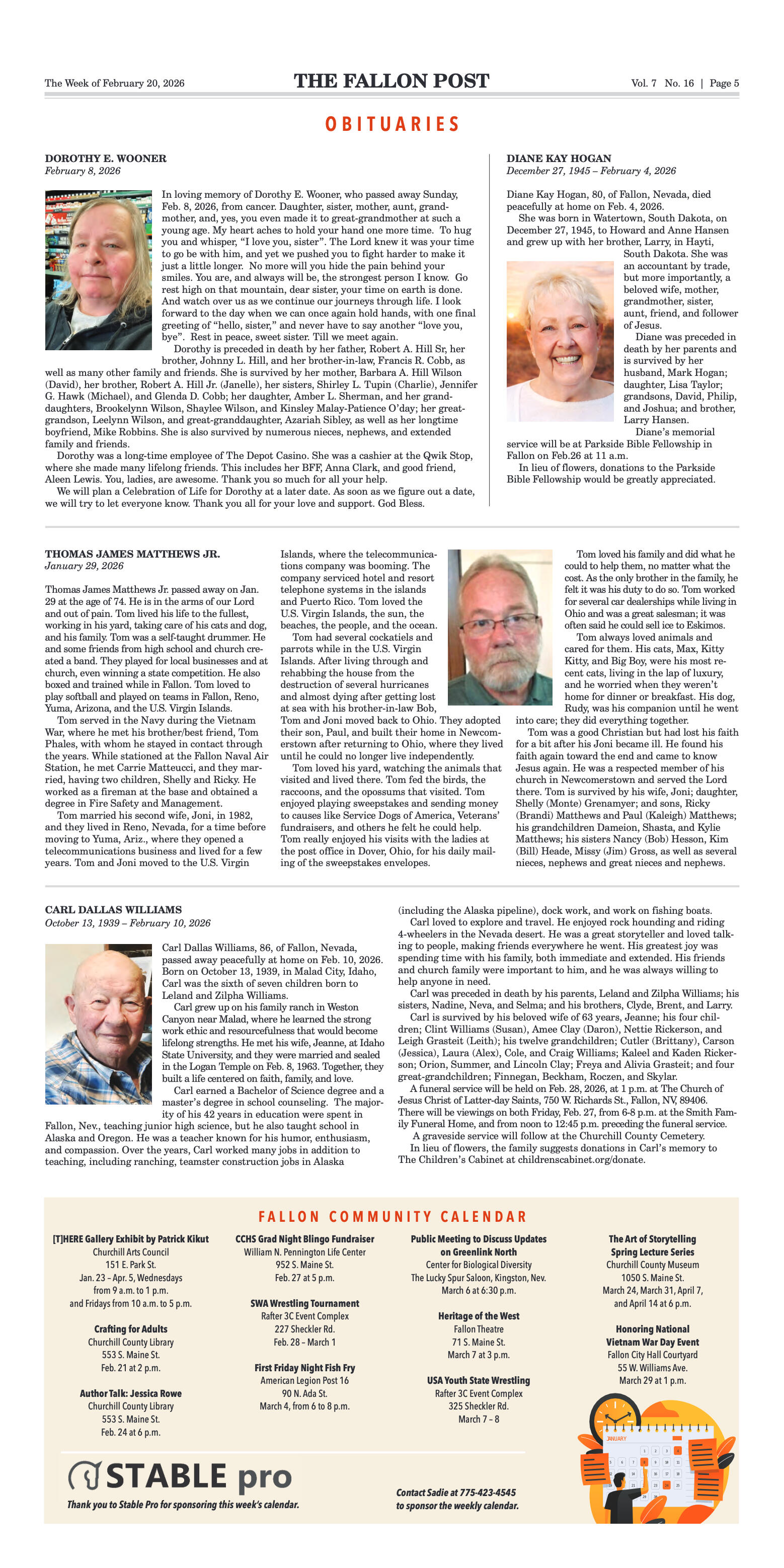
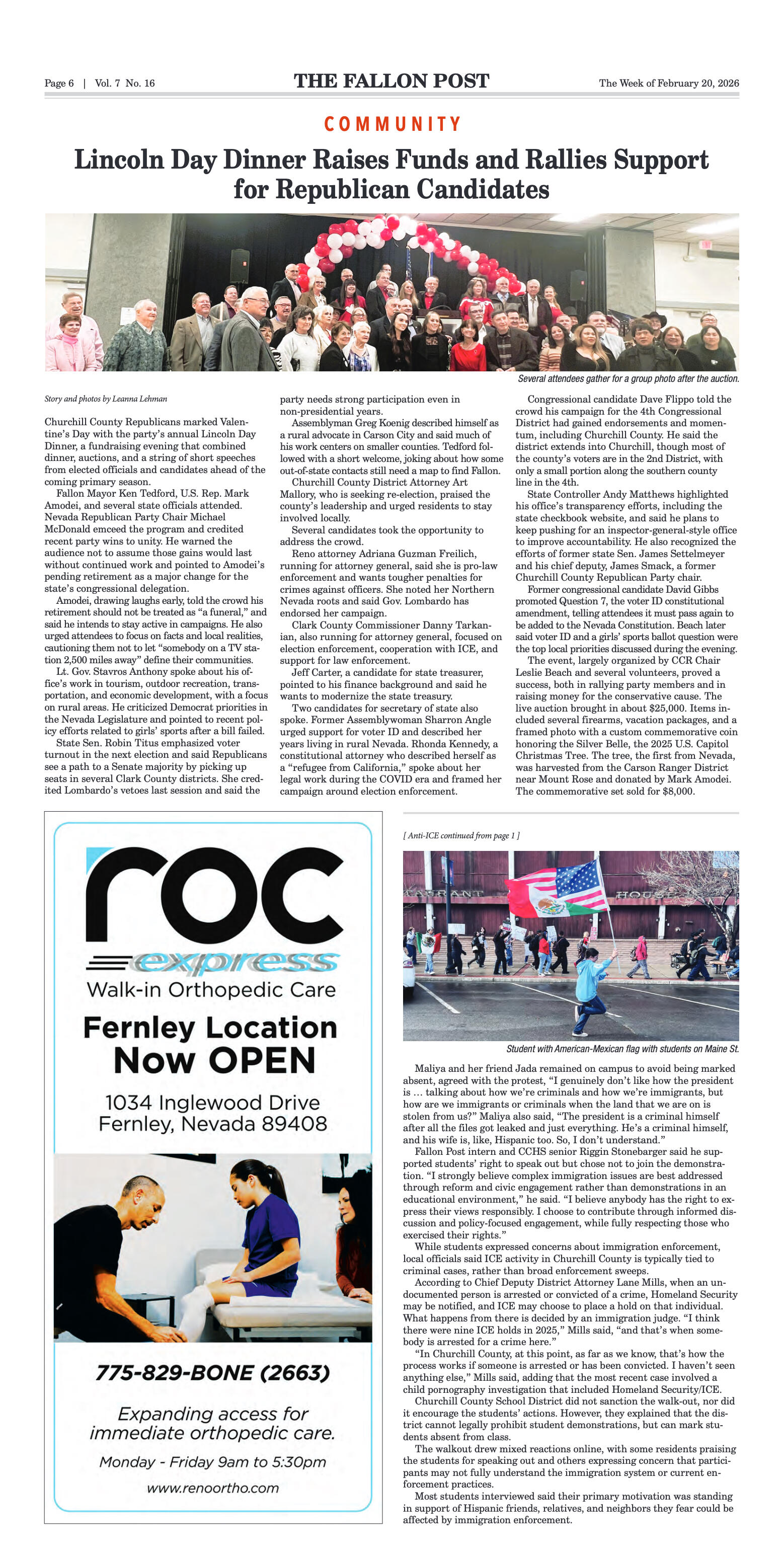
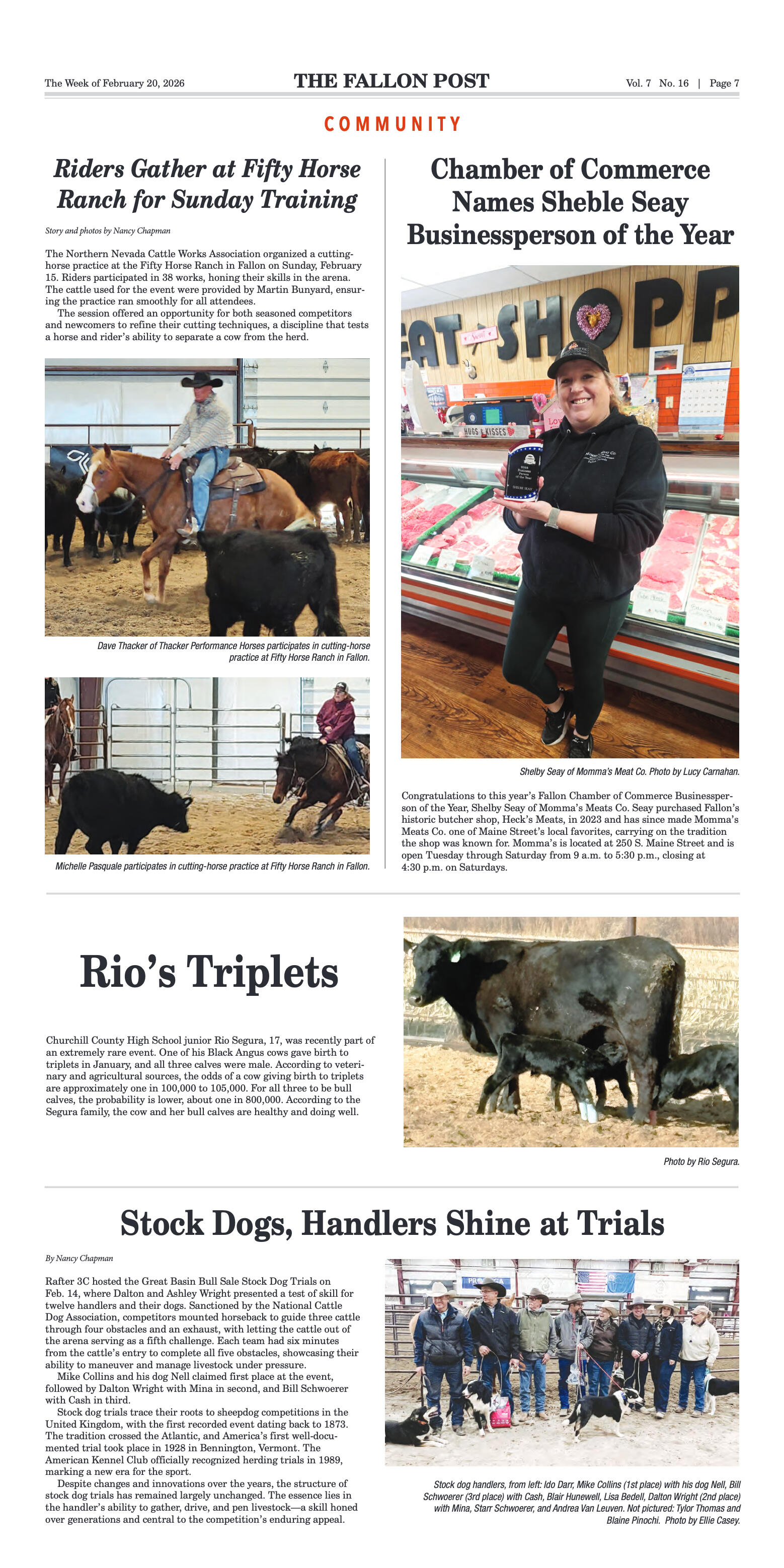

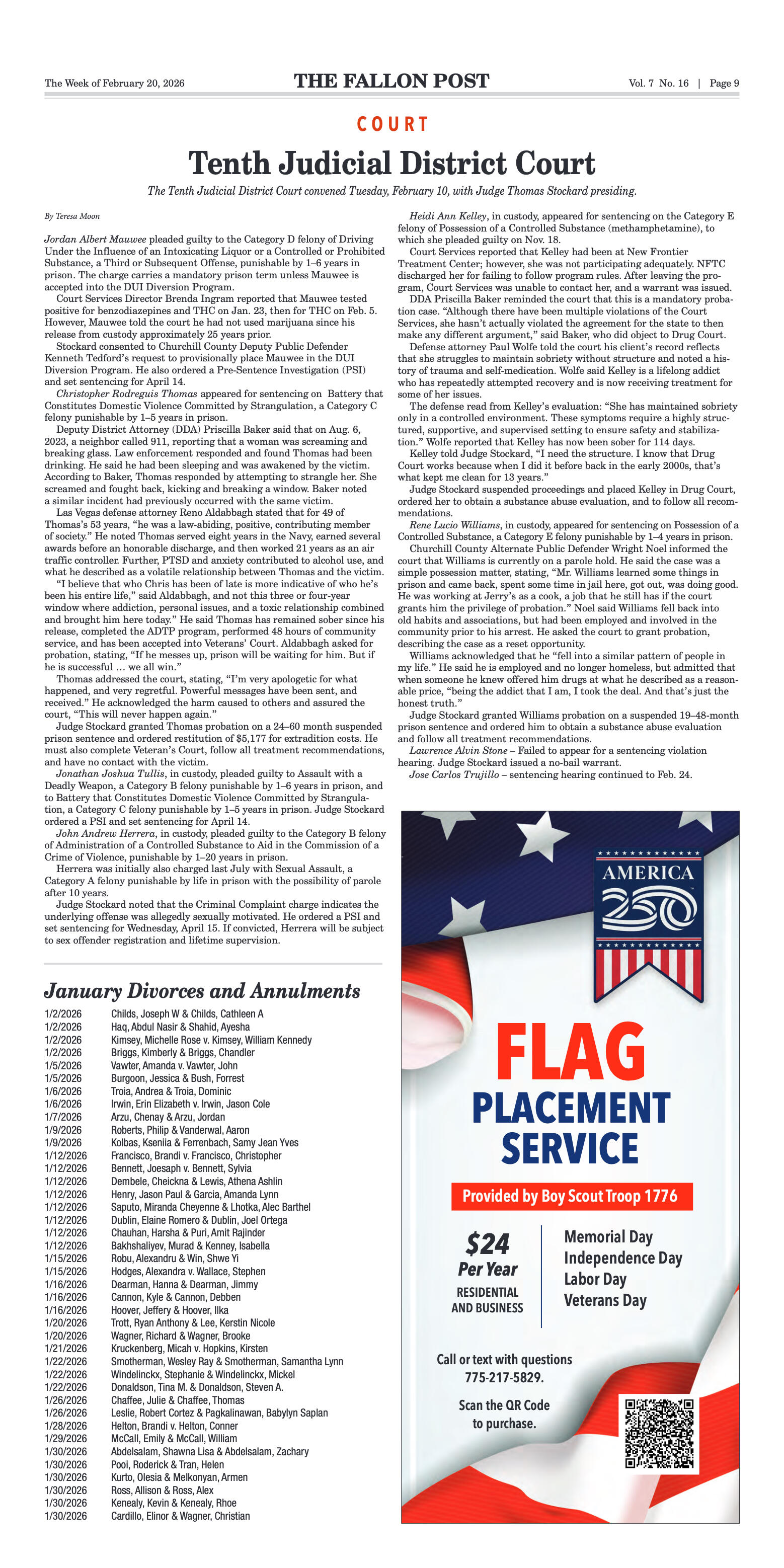
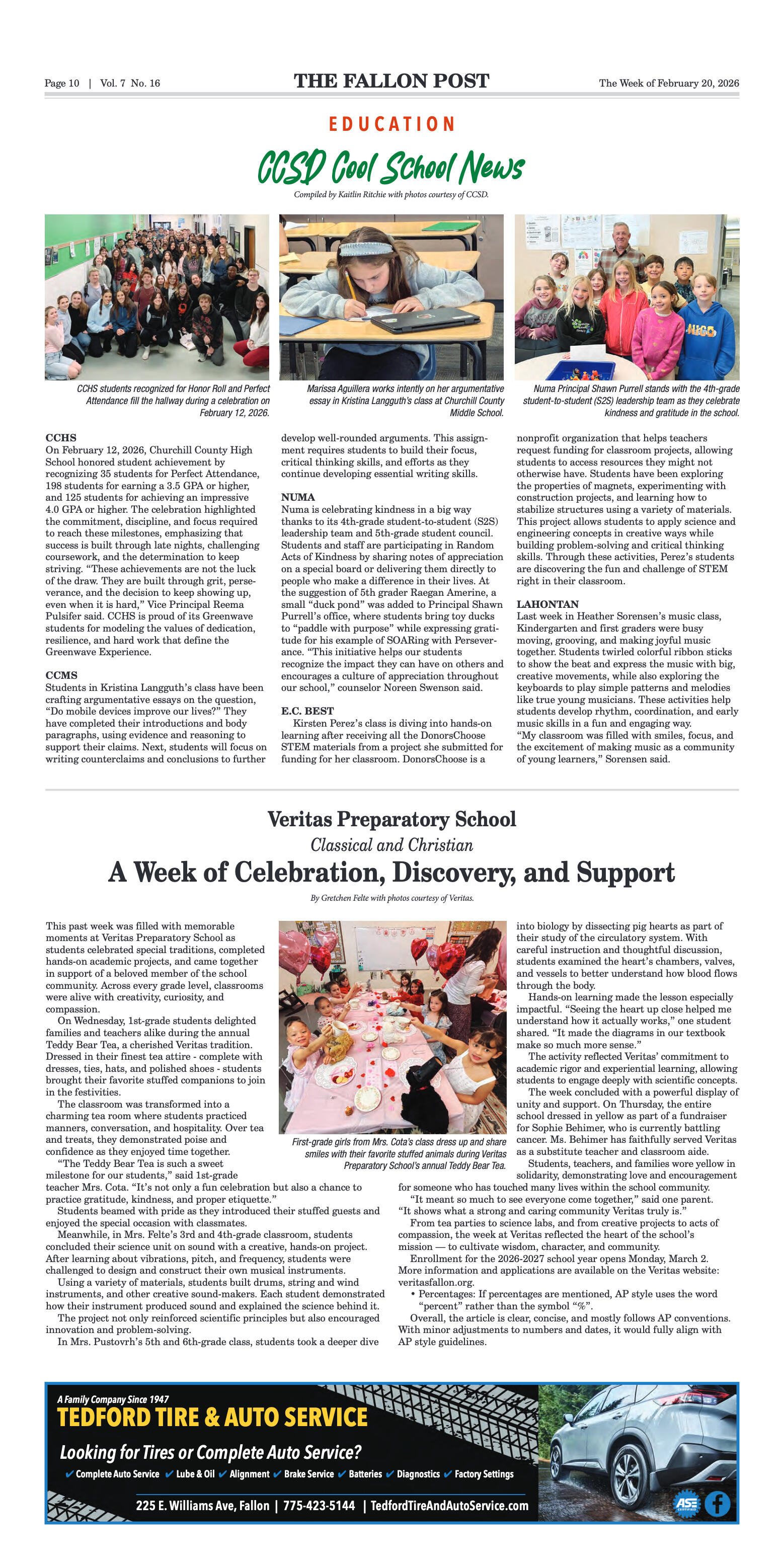
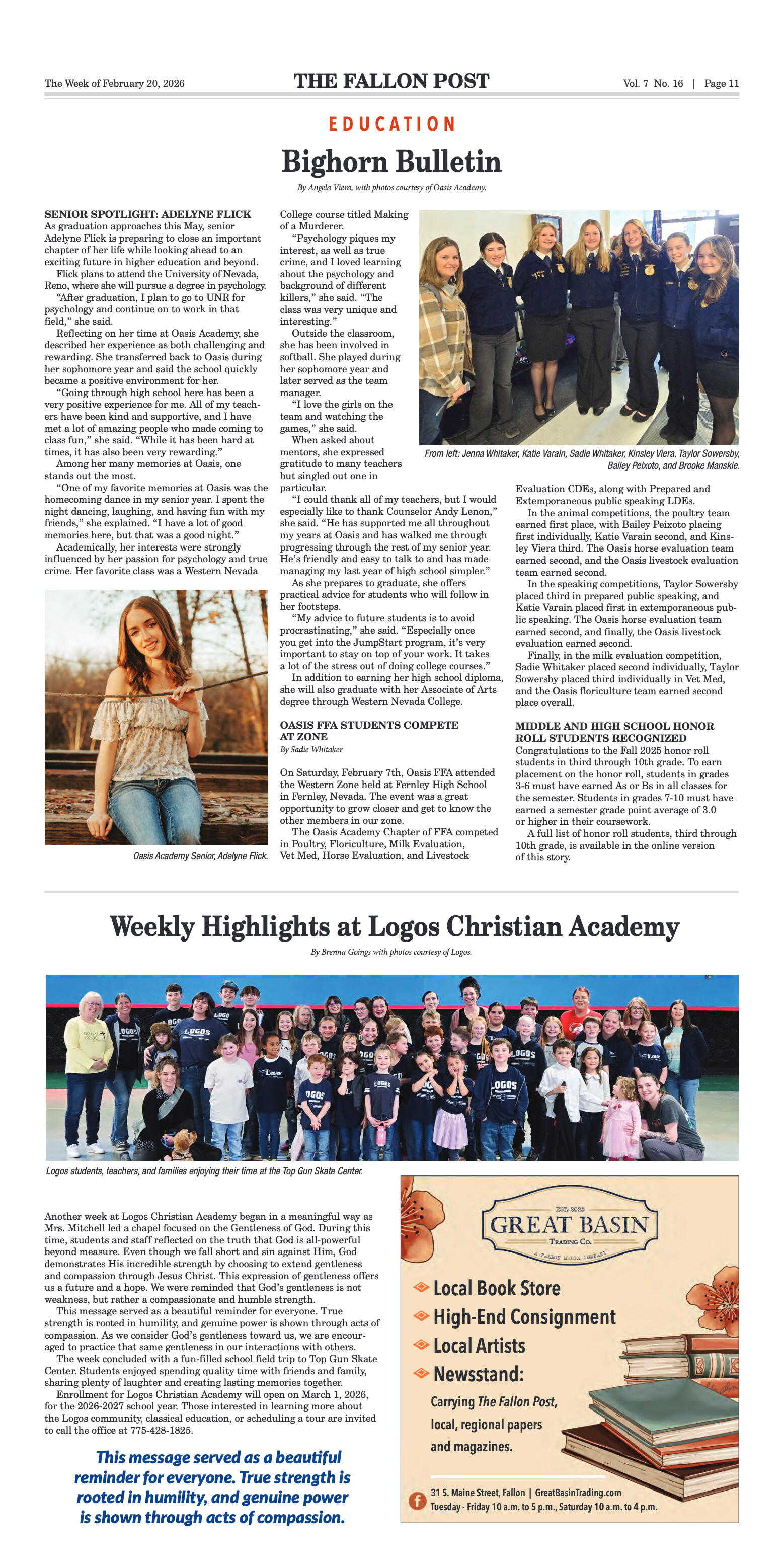
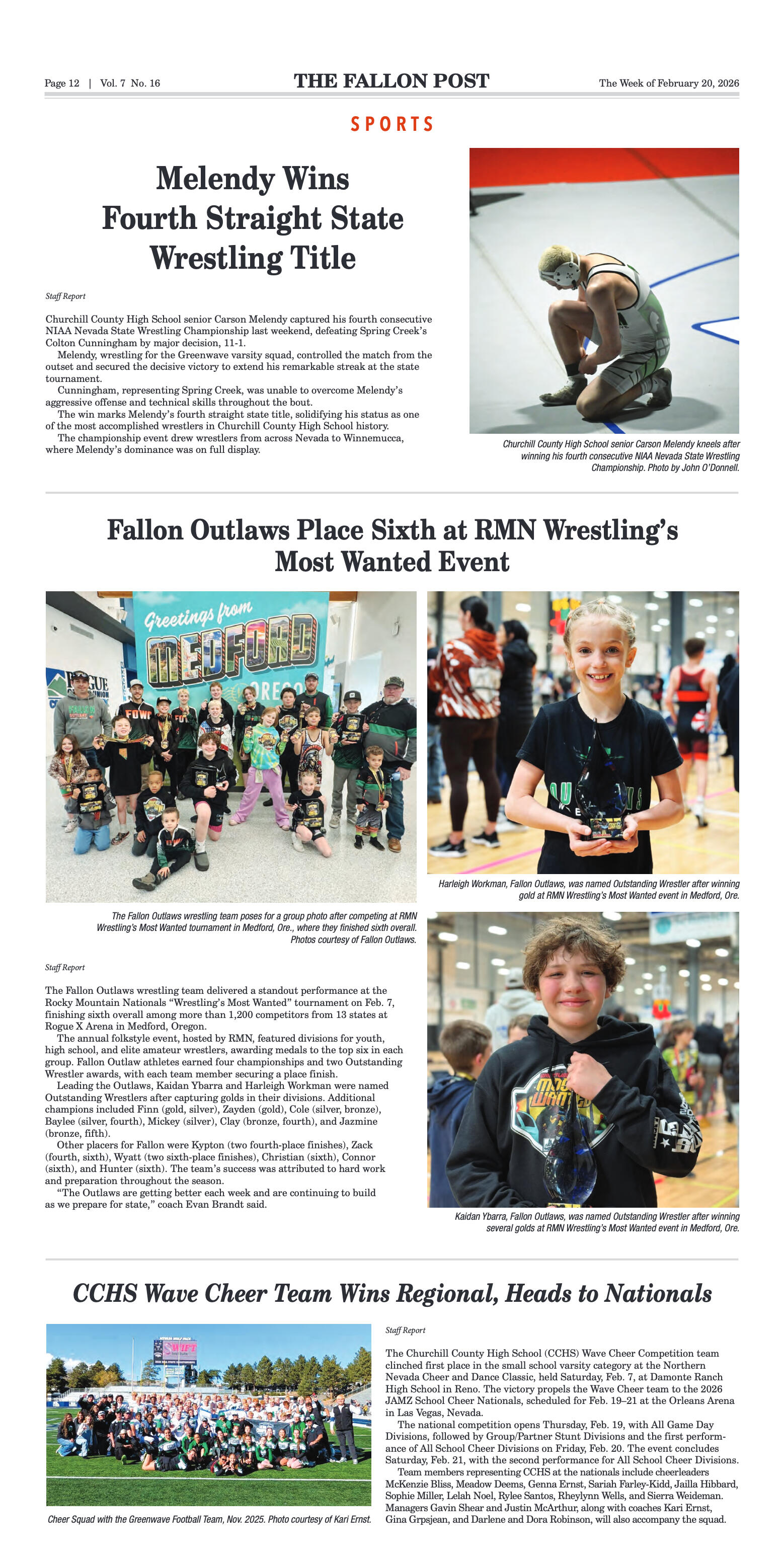
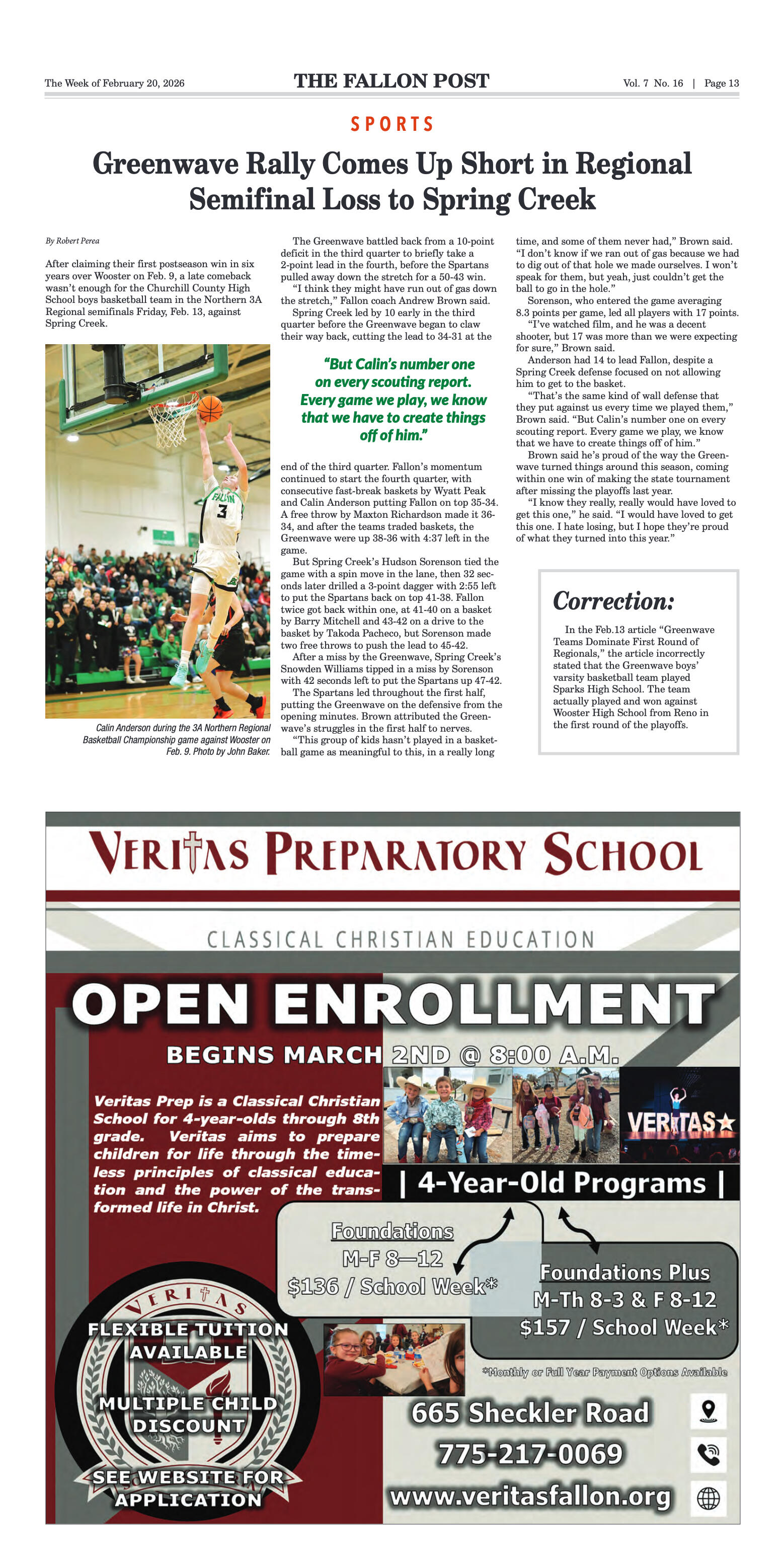
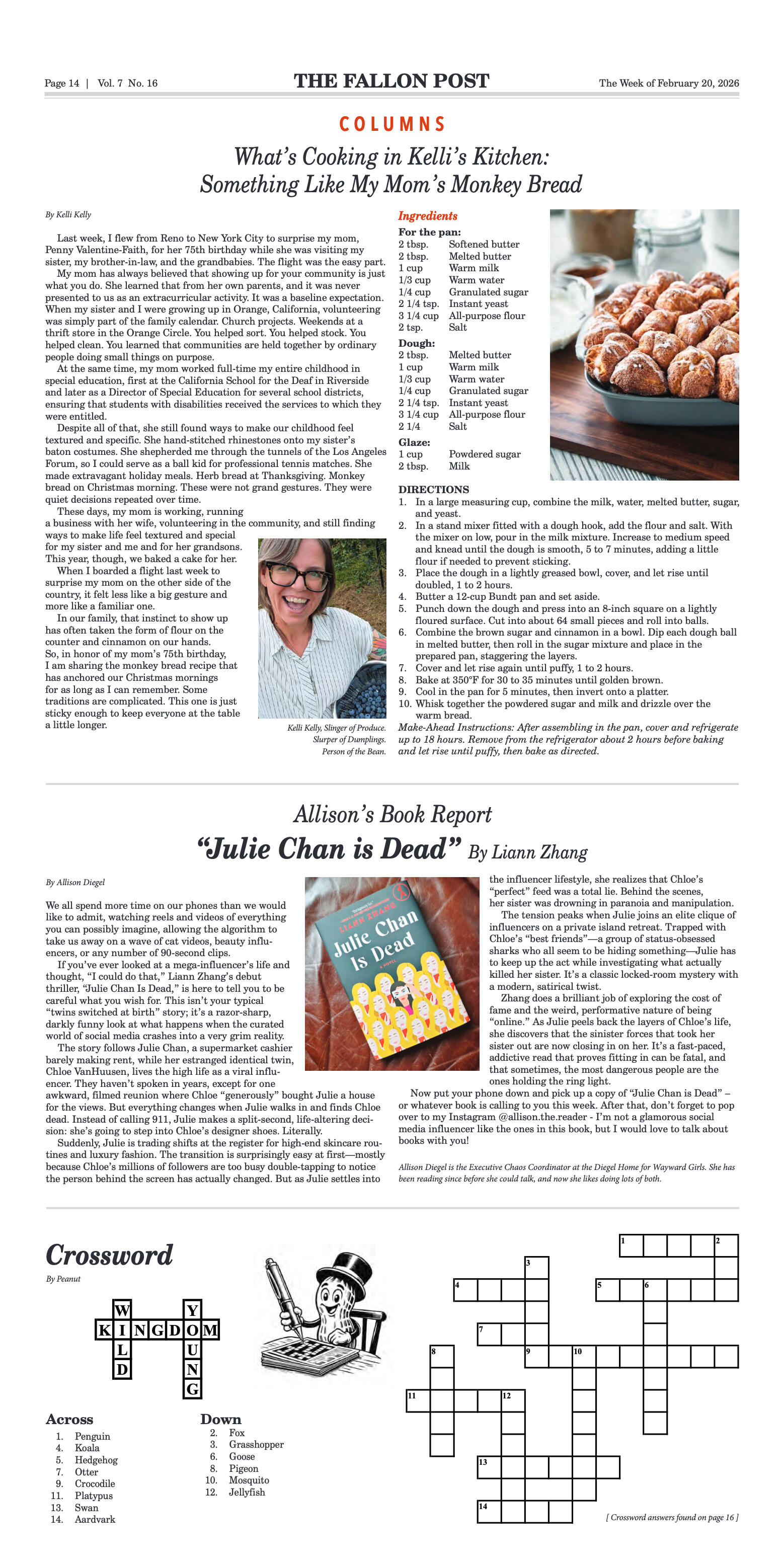
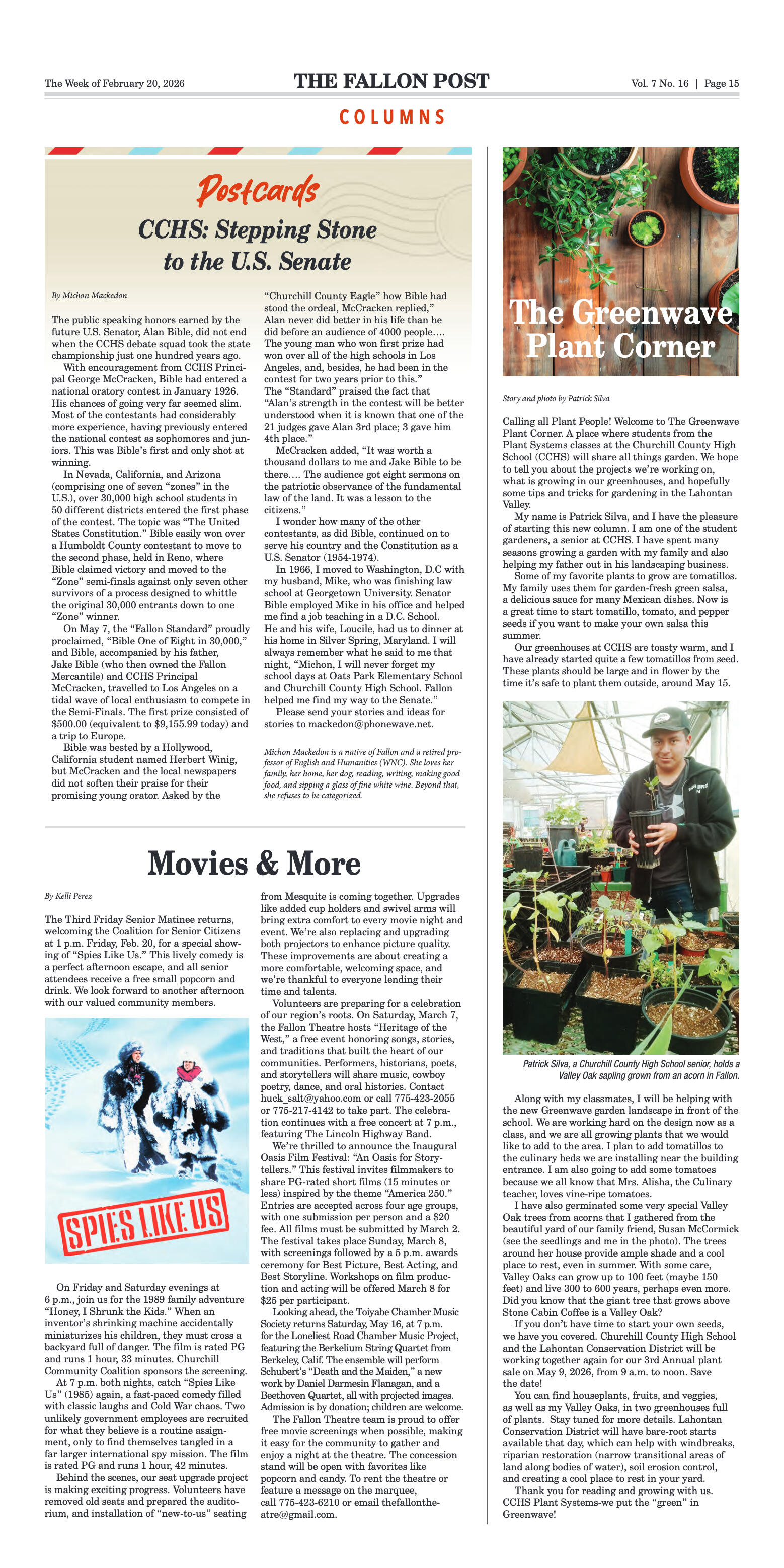
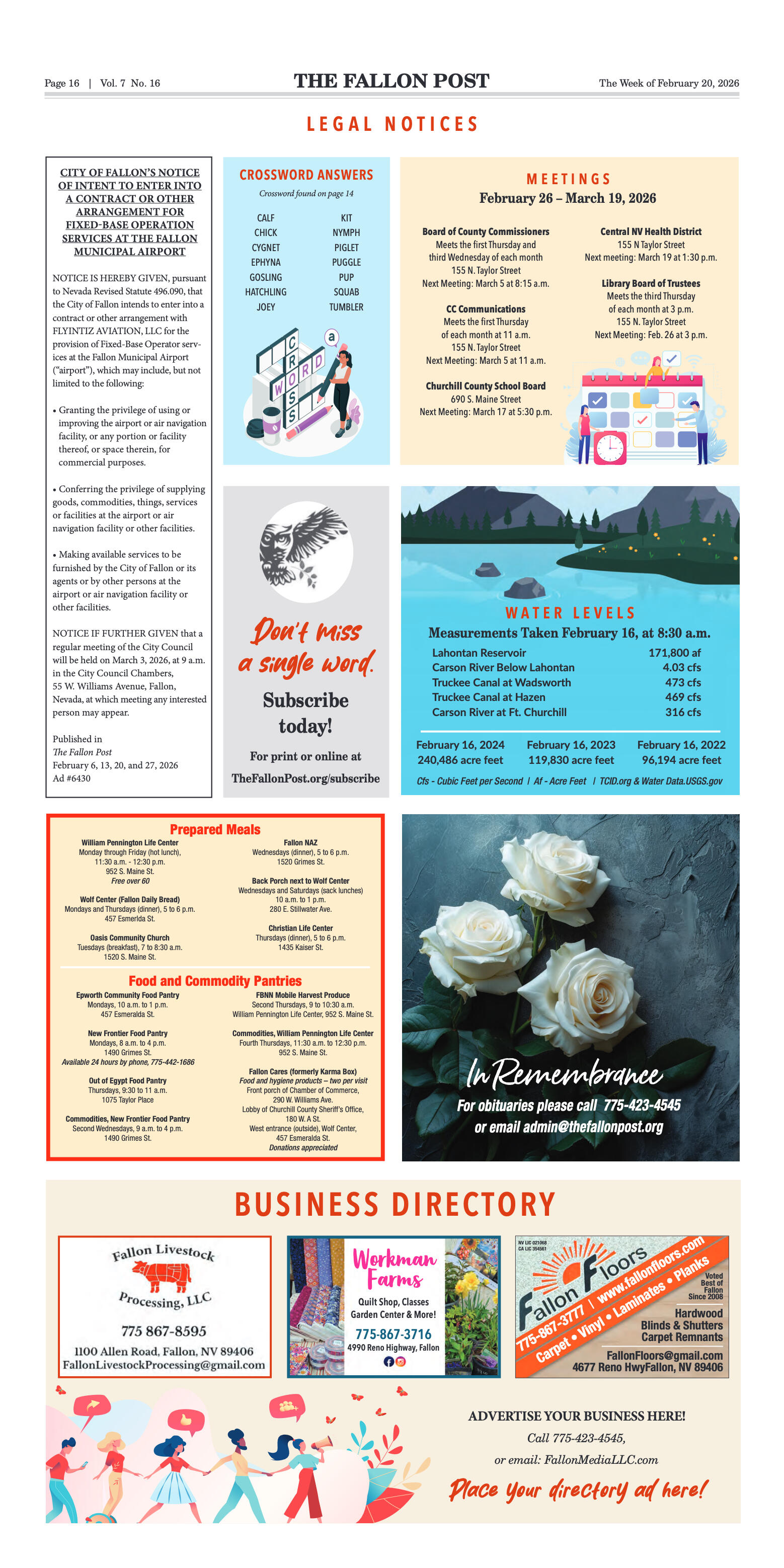
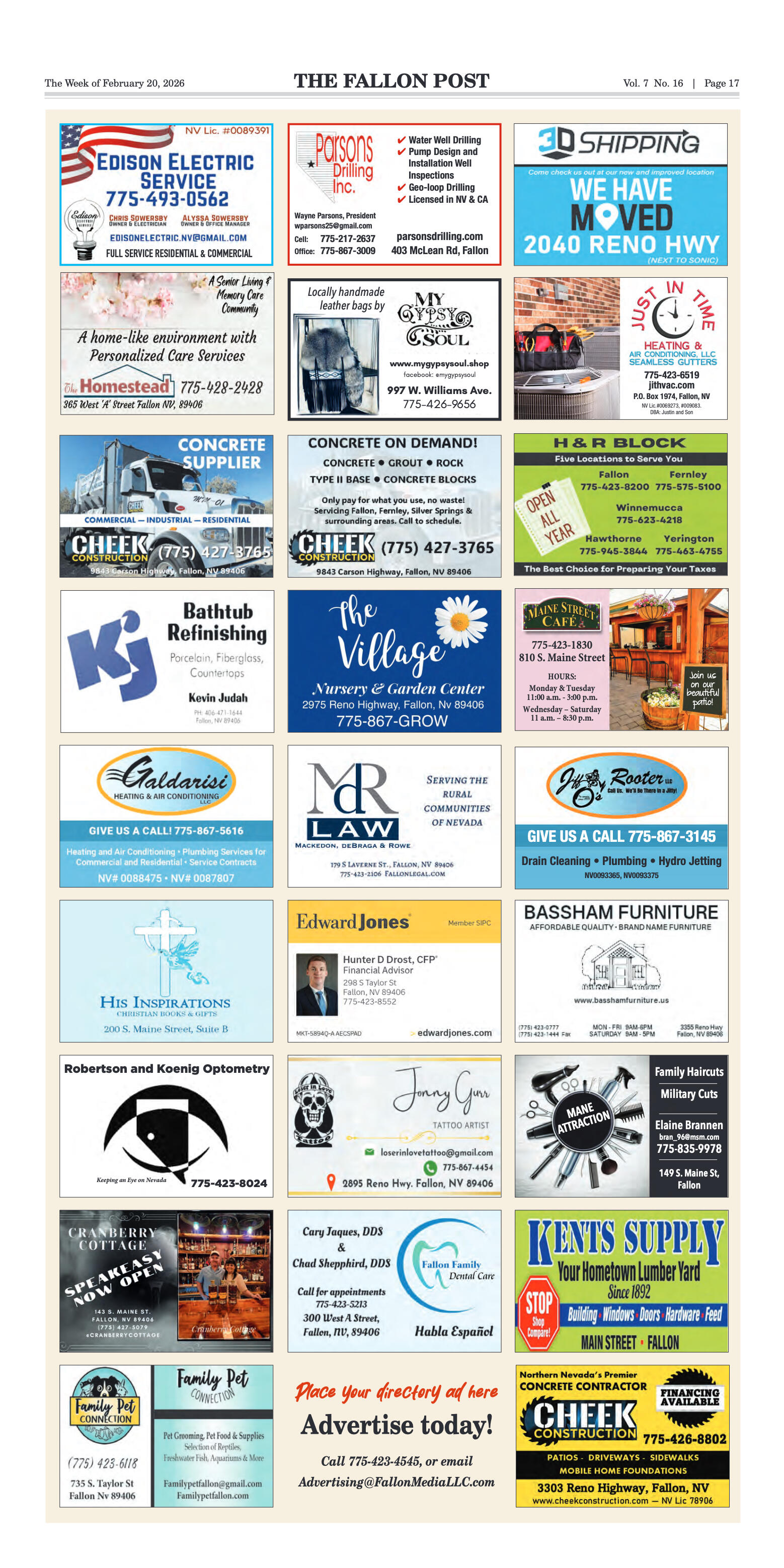
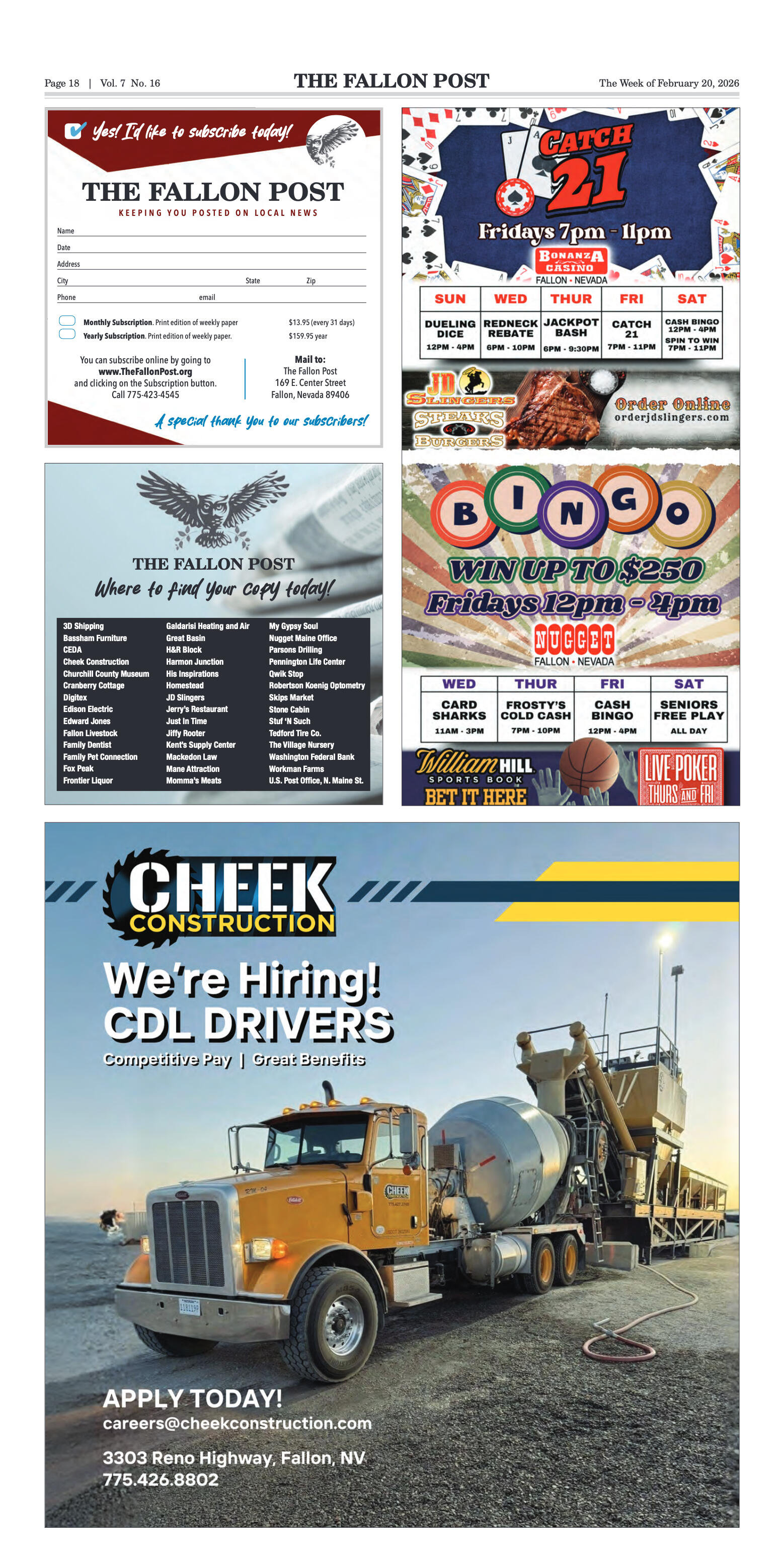


















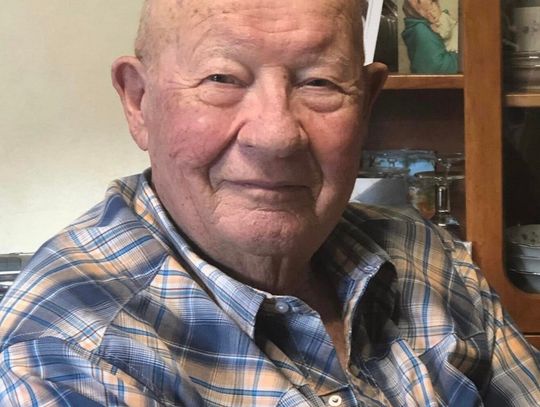
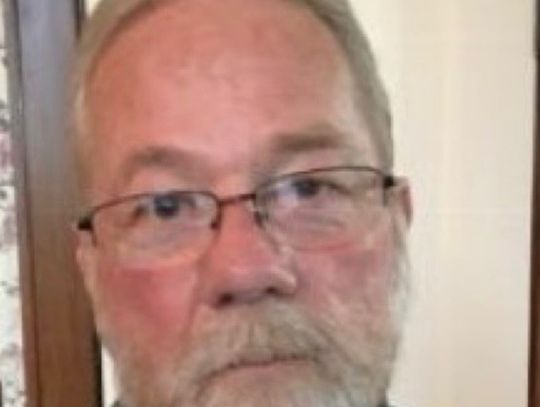
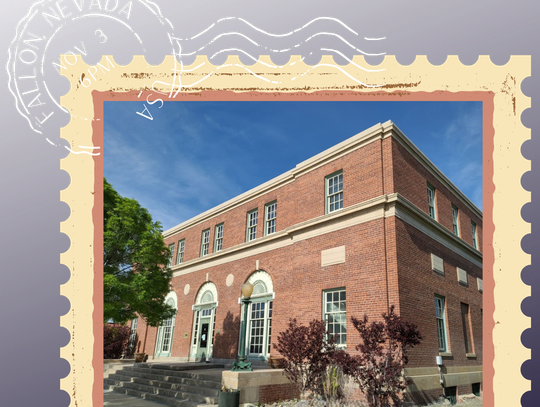
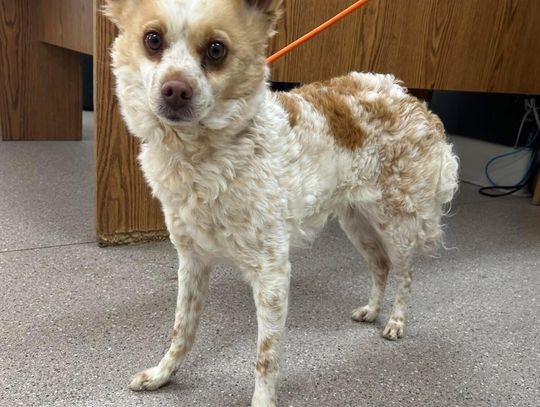


Comment
Comments